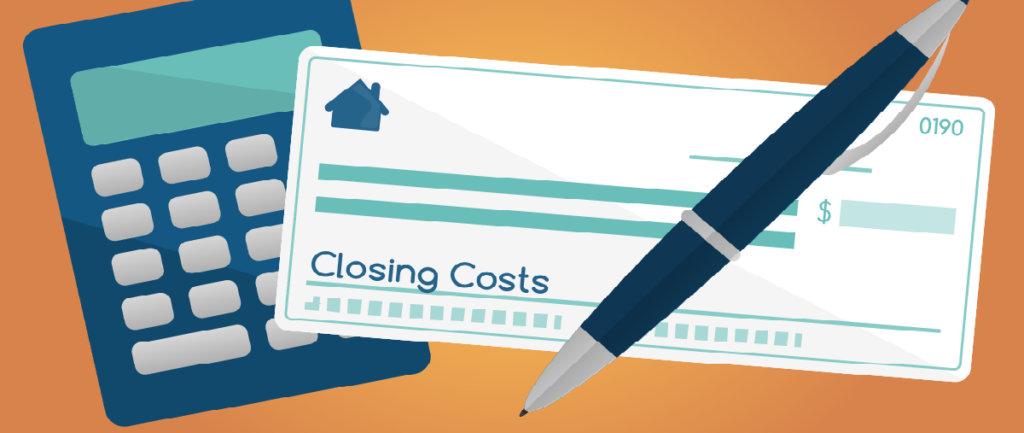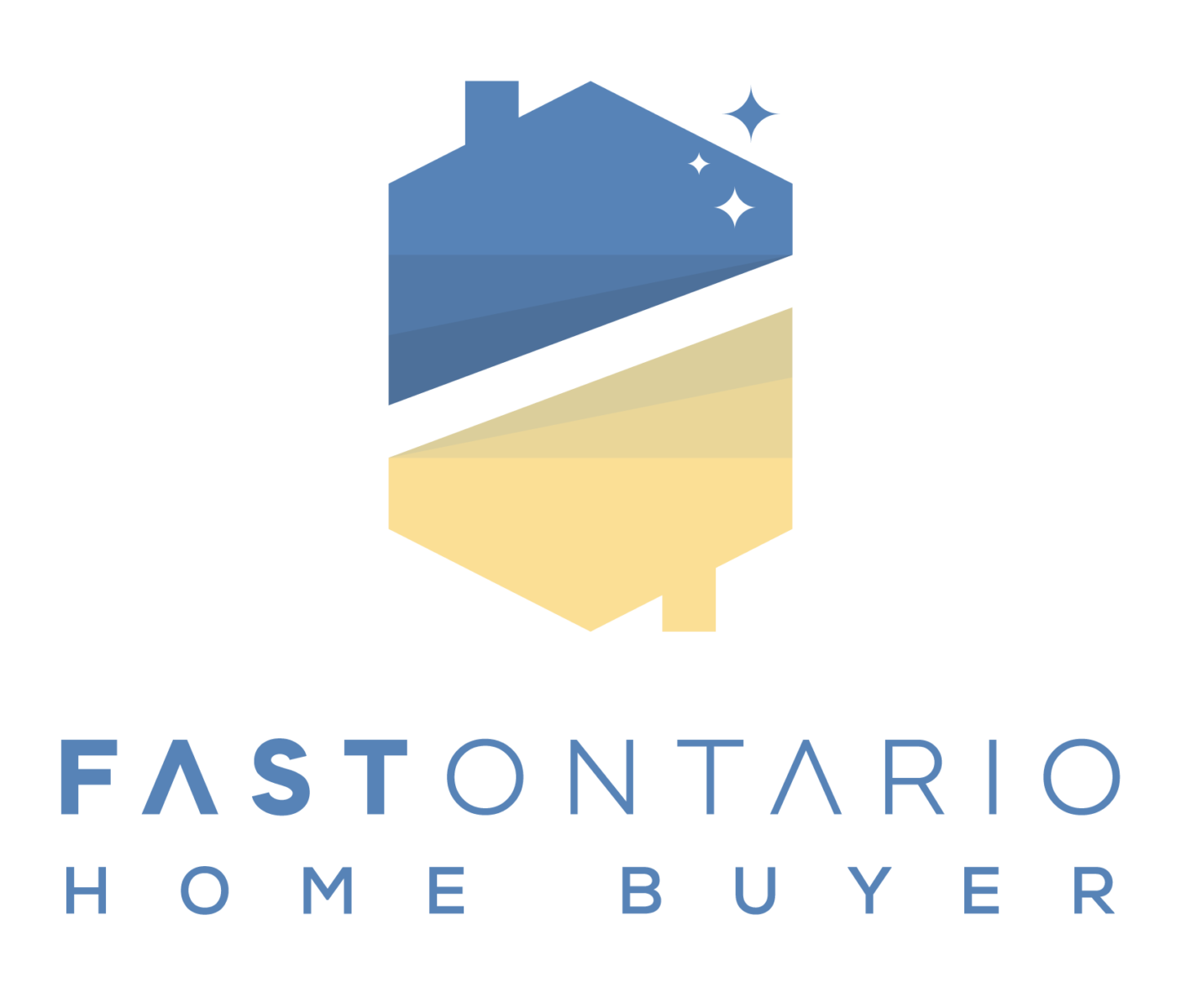
Choosing to sell your home privately can offer several benefits, but it’s crucial to understand the various financial aspects, fees, and other expenses associated with this decision. As a homeowner, consider these financial factors when opting to sell your property without a real estate agent’s assistance:
- Profit Taxes: If your home’s selling price exceeds its purchase price, you may be liable to pay taxes on the profit. Certain exclusions, like the primary residence exclusion, may apply if specific criteria are met.
- Property Improvement Expenses: Enhancing your home’s appeal to potential buyers may require investing in repairs, upgrades, or cosmetic improvements, such as repainting, landscaping, or fixing structural issues.
- Property Inspection: Buyers will likely want a property inspection before finalizing the purchase. Opting for a pre-listing inspection to identify and resolve any issues beforehand can cost a few hundred dollars.
- Legal Expenses: Handling the sale’s legal aspects yourself or employing a real estate attorney will be necessary when selling a home privately. This can include creating the purchase agreement, reviewing offers, and ensuring a smooth closing.
- Advertising Expenses: Marketing your property without a real estate agent means you’ll be responsible for creating and distributing ads, hiring a professional photographer, and investing in yard signs or online listings.
- Settlement Costs: Regardless of whether you sell your property privately or with an agent, you’ll likely have to pay closing costs, including title insurance, escrow fees, recording fees, and transfer taxes.
- Mortgage Balance: When selling your home, the remaining mortgage balance must be paid off, which can affect your profit from the sale.
- Potential Financial Setbacks: Be prepared for possible financial obstacles if buyers request contingencies, such as a lower sale price due to required repairs or a delayed closing date.
- Time and Effort: Selling a property privately can be time-consuming and stressful. Consider the value of your time and the potential impact on your work and personal life when deciding whether to sell your home without an agent.
- Negotiating: Without a real estate agent to negotiate on your behalf, you’ll need to be prepared to handle price negotiations and navigate potential issues during the sale process.
It’s crucial to weigh these financial considerations against potential savings from not paying a real estate agent’s commission. The decision to sell your home privately depends on your unique situation.
When determining whether to sell your house privately or with a real estate agent’s help, consider additional factors beyond the financial aspects. These include market conditions, pricing strategy, network and expertise, emotional aspects, legal compliance, and flexibility.
In today’s digital age, utilize technology and social media to increase your home’s visibility, connect with potential buyers, and streamline the selling process when selling your house privately.
Selling a home privately can be an attractive option for homeowners due to the various benefits it offers. Key advantages include cost savings, control over the process, personalized marketing, direct communication, faster decision-making, and flexibility in pricing and negotiations. However, remember that selling a house privately can also be time-consuming and challenging, particularly for those with limited real estate experience. Carefully consider the advantages and disadvantages before deciding whether selling a house privately is the best choice for you.
Bonus Tip: Utilize Technology and Social Media
In today’s digital age, technology and social media platforms can play a vital role in successfully selling your home privately. Here are some ways to leverage technology for maximum exposure and efficiency:
- Online Listings: List your property on popular real estate websites such as Zillow, Trulia, Redfin, or FSBO (For Sale By Owner) platforms to reach a wide audience of potential buyers.
- Virtual Tours: Create a virtual tour of your property using 360-degree photography or video. This will allow potential buyers to explore your home from the comfort of their own devices, increasing the chances of attracting serious buyers.
- Social Media: Promote your property on various social media platforms like Facebook, Instagram, and Twitter. Share high-quality photos and videos, and ask your friends and family to share your posts to increase exposure.
- Digital Marketing: Utilize targeted digital marketing strategies, such as pay-per-click (PPC) advertising or sponsored posts, to reach potential buyers in your local area or those searching for homes with specific features.
- Communication Tools: Use digital communication tools, such as email, text messages, or messaging apps, to keep in touch with potential buyers, schedule showings, and negotiate offers. This can help streamline the process and make it more efficient.
- E-Signature Platforms: Simplify the paperwork process by using e-signature platforms like DocuSign or Adobe Sign, which allow you and the buyer to sign documents electronically, saving time and reducing the need for physical meetings.
By embracing technology and social media, you can increase your home’s visibility, connect with a broader audience of potential buyers, and streamline the selling process, making it easier to sell your house privately.
Selling a house privately can be a good option for some homeowners due to several advantages it offers.
Some key benefits of selling a house privately include:
- Cost Savings: One of the primary reasons homeowners choose to sell their property privately is to save on real estate agent commissions, which can range from 4-6% of the sale price. By selling privately, you can potentially save thousands of dollars.
- Control Over the Process: Selling a house privately gives you full control over the entire process, from setting the sale price and marketing strategies to negotiating offers and closing the deal. This can be particularly appealing to those who prefer a hands-on approach.
- Personalized Marketing: When selling a house privately, you have the opportunity to create and implement a personalized marketing plan tailored to your home’s unique features and your target audience. This allows you to showcase your property in a way that resonates with potential buyers.
- Direct Communication: Selling your home without an agent enables direct communication with potential buyers. This can lead to better understanding and rapport, which may result in a smoother and more efficient transaction process.
- Faster Decision-Making: Without a third party involved, you can make decisions about your home sale more quickly. This can be particularly beneficial in a fast-moving real estate market or when you need to sell your home within a specific timeframe.
- Flexibility in Pricing and Negotiations: Selling a house privately allows you to be more flexible with your pricing strategy and negotiations. You can adjust the asking price or offer incentives without having to consult an agent, making it easier to find a balance between attracting buyers and maximizing profit.
Carefully weigh the pros and cons before deciding whether selling a house privately is the right choice for your situation.

